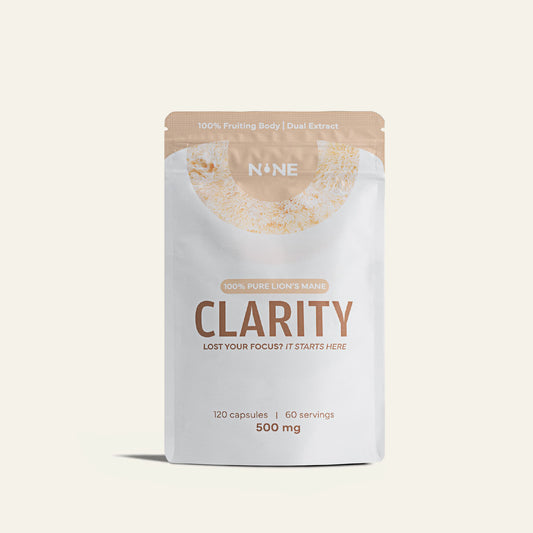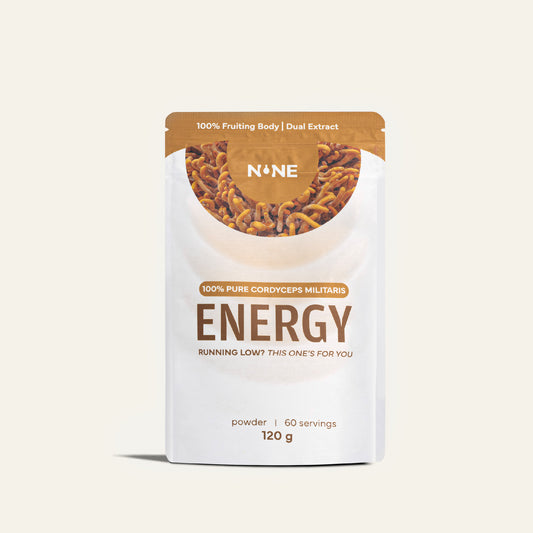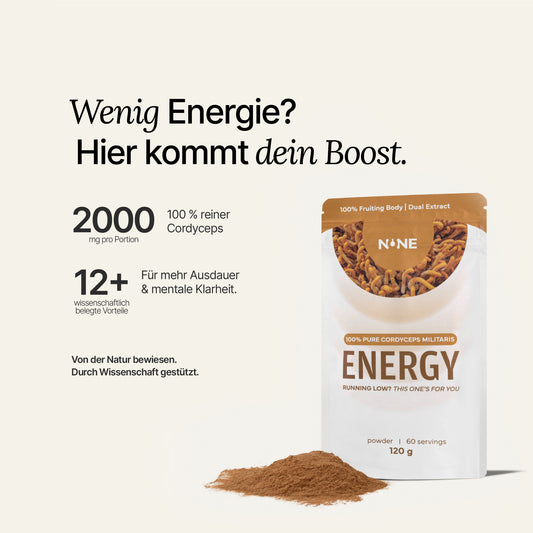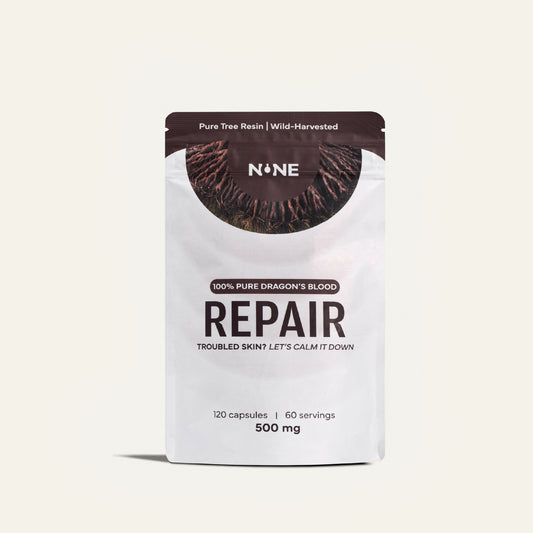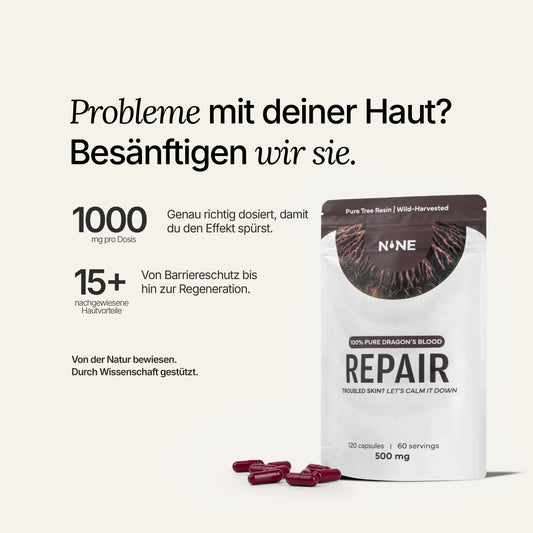
How Cortisol Impacts Your Recovery – And How to Keep It in Check
How Cortisol Impacts Your Recovery – And How to Keep It in Check
Written by Niels Luka, Founder of NÓNE
When people think about recovery, they often focus on protein, rest days, and maybe a massage gun. But there’s a key player most overlook: cortisol — your body’s main stress hormone. It’s not all bad, but too much for too long can kill your gains and slow your recovery. Let’s break it down.
1. What Cortisol Does – The Good Side
Cortisol helps you respond to stress, mobilize energy, and repair tissue. After a workout, a temporary cortisol spike is normal and even beneficial.
Study: Hill et al., 2008 – PubMed Link
Takeaway: Acute increases in cortisol can promote adaptation to training and help mobilize energy stores.
2. When Cortisol Becomes a Problem
Chronic high cortisol levels break down muscle tissue, slow down recovery, and impact sleep quality.
Study: Duclos et al., 2007 – PubMed Link
Takeaway: Overtraining and poor recovery habits keep cortisol elevated, leading to fatigue and reduced performance.
3. Adaptogens That Help Balance Cortisol
Certain natural compounds, like Ashwagandha and Cordyceps, have been shown to support a healthy cortisol response.
Study: Chandrasekhar et al., 2012 – PubMed Link
Takeaway: In stressed adults, Ashwagandha reduced cortisol levels by up to 28% while improving overall well-being.
4. The Role of Sleep in Cortisol Control
Poor sleep can keep cortisol elevated, making it harder to recover and grow muscle.
Study: Van Cauter et al., 2000 – PubMed Link
Takeaway: Sleep deprivation reduces testosterone and growth hormone while increasing baseline cortisol.
Find out what you need!
Let’s find out together! Take the quiz, this will take you 1 minute.
5. Practical Ways to Keep Cortisol in Check
-
Prioritize recovery: Take real rest days.
-
Fuel properly: Undereating increases cortisol.
-
Sleep deeply: Aim for 7–9 hours in a dark, cool room.
-
Use adaptogens strategically: Support your body’s stress response naturally.
Bottom line: Cortisol isn’t the enemy — imbalance is. Keep your stress hormones in check, and you’ll recover faster, train harder, and feel better. At NÓNE, we focus on clean, targeted formulas that work with your body, not against it.

